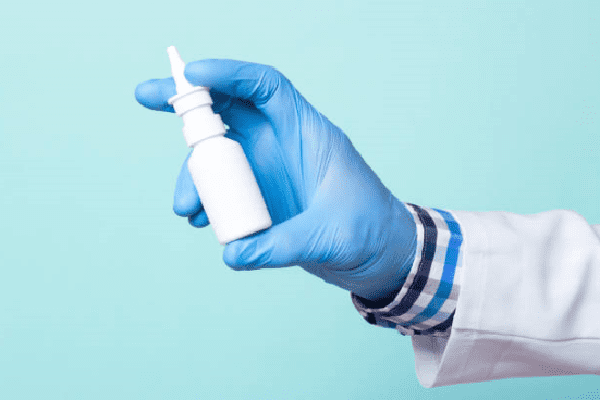Otolaryngology >>>> Rhinitis - signs and treatment
Rhinitis - signs and treatment.

Rhinitis (common name - runny nose) is an inflammatory disease of the nasal mucosa, accompanied by edema of the mucous membrane and abundant secretion of mucous substance.
The causes of rhinitis are manifold:
- Bacterial and viral infections (catarrhal rhinitis);
- Allergies to pollen, dust, chemical vapors, food and medicinal components (allergic rhinitis);
- Atrophic changes in the mucous layer of the nasal cavity (atrophic rhinitis);
- Growth and thickening of the mucous layer of the nasal cavity - mucosal hyperplasia (hypertrophic rhinitis);
- Violation of the tone of the blood vessels of the submucous layer of the nasal cavity (vasomotor rhinitis).
Rhinitis signs:
- Tension, burning, itching in the nasal cavity,
- Swelling of the mucous membranes causing nasal congestion,
- Crusting in the nasal passages,
- Accumulation of clots of mucus in the nasopharynx,
- Sore throat as a result of drying out of the mucous membrane of the throat due to breathing through the mouth,
- Sneezing
- Impaired sense of smell and taste buds,Possible minor nosebleeds,
- Subfebrile temperature is possible,
- Violation of nasal breathing,
- Headache,
- Stuffy ears,
- A nasal tone appears in the voice.
Rhinitis can be acute or chronic. In acute rhinitis, in addition to the symptoms listed above, the general state of health worsens: weakness, drowsiness, lacrimation appear, symptoms of apnea or snoring may develop , sleep is disturbed.
Chronic rhinitis leads to a thickening of the mucous layer of the nasal cavity, almost constant nasal congestion, impairment or complete disappearance of the sense of smell, mainly breathing through the mouth.
Rhinitis treatment is aimed at restoring nasal breathing and treating the disease that caused the rhinitis. With catarrhal rhinitis, nasal drops and sprays will help to relieve swelling of the mucous membrane. Allergic rhinitis requires taking anti-allergic (antihistamines) drugs. With hypertrophic rhinitis, in addition to vasoconstrictor and decongestant drops, excision of overgrown areas of the mucous membrane can be prescribed. Nasal inhalation (oil) and physiotherapy give a good effect. But it should be borne in mind that with allergic rhinitis, oil inhalations can cause another allergic reaction. Vasomotor and atrophic rhinitis require a more detailed approach to treatment.

Read

Read



























